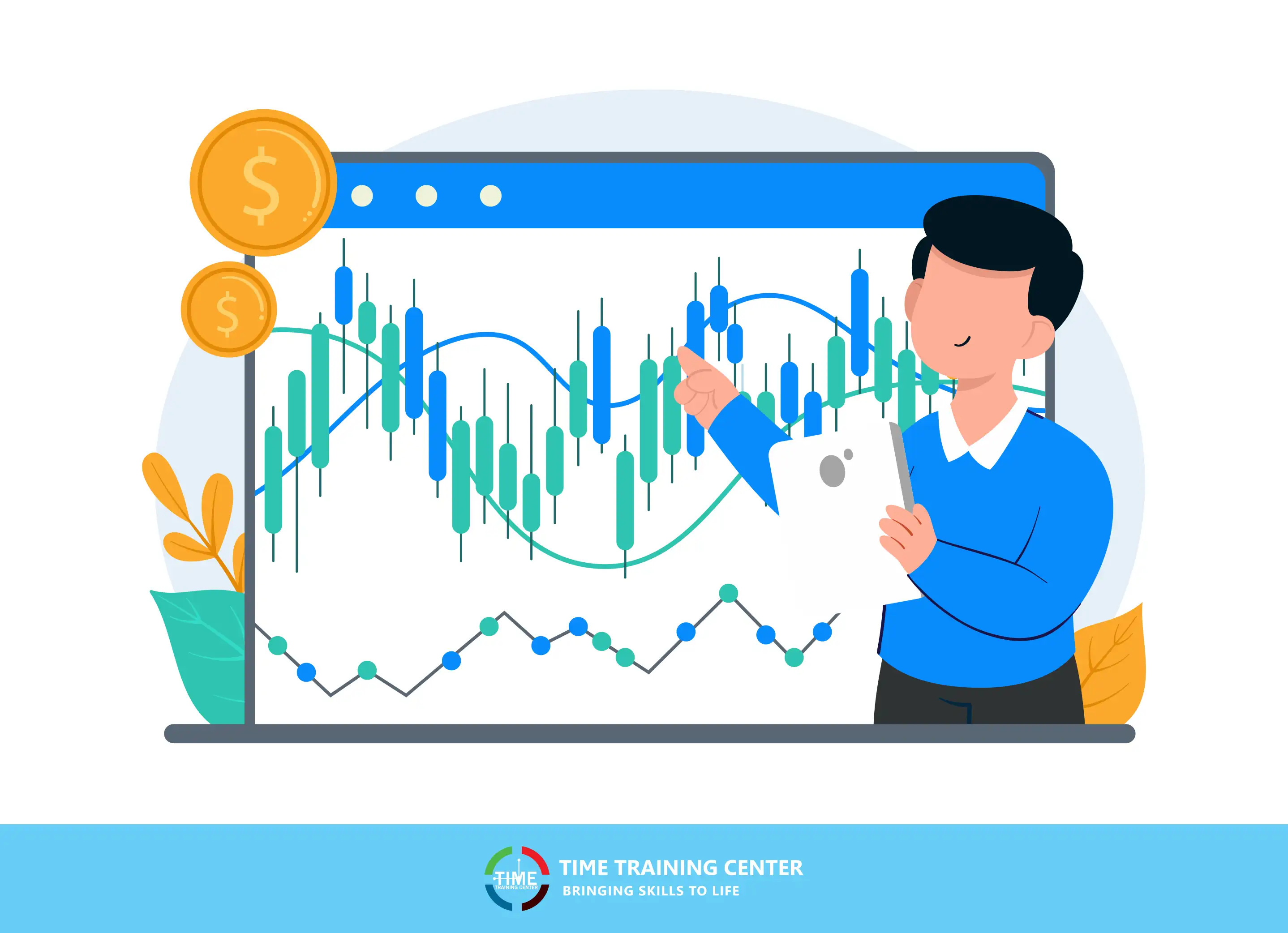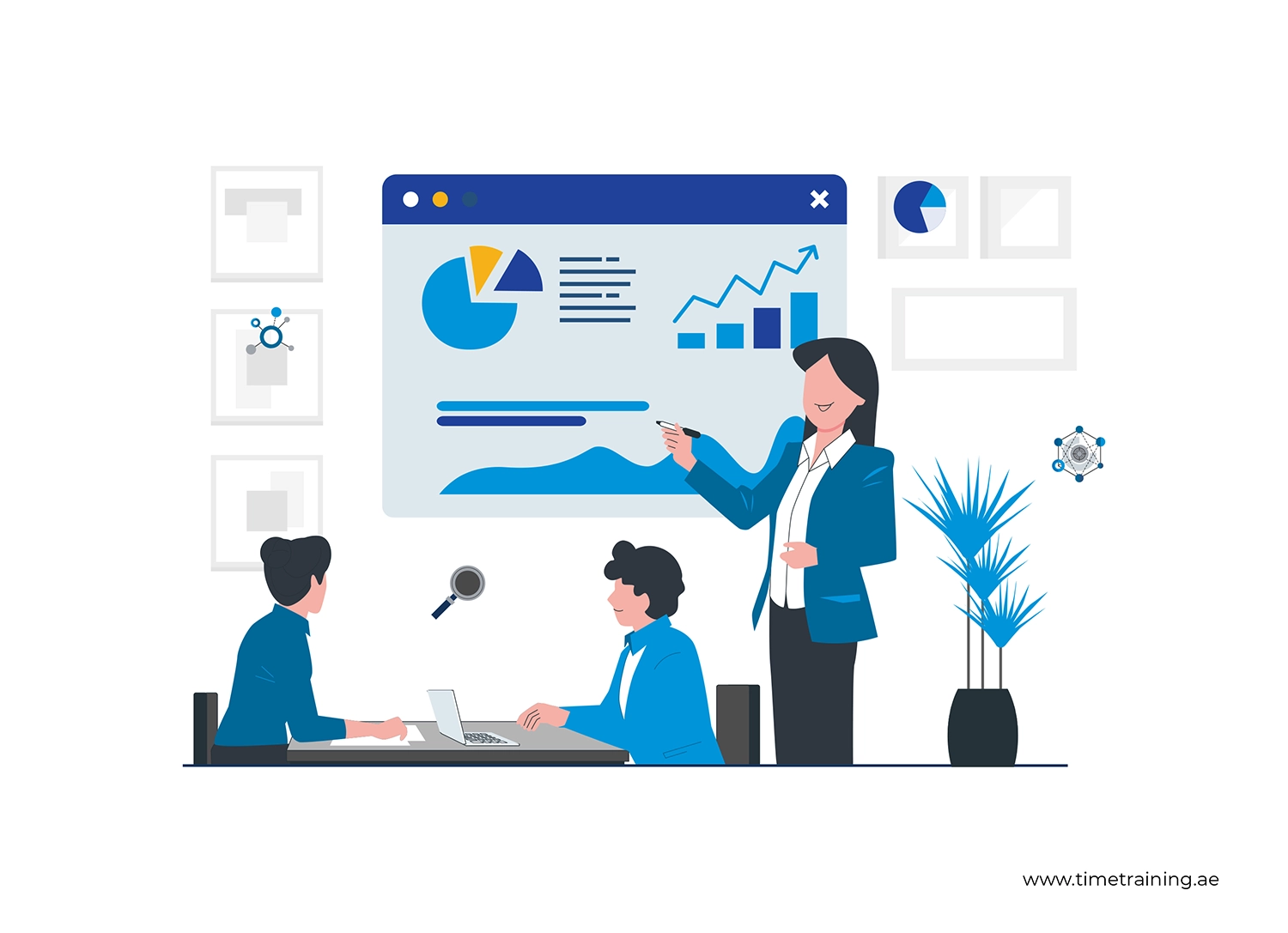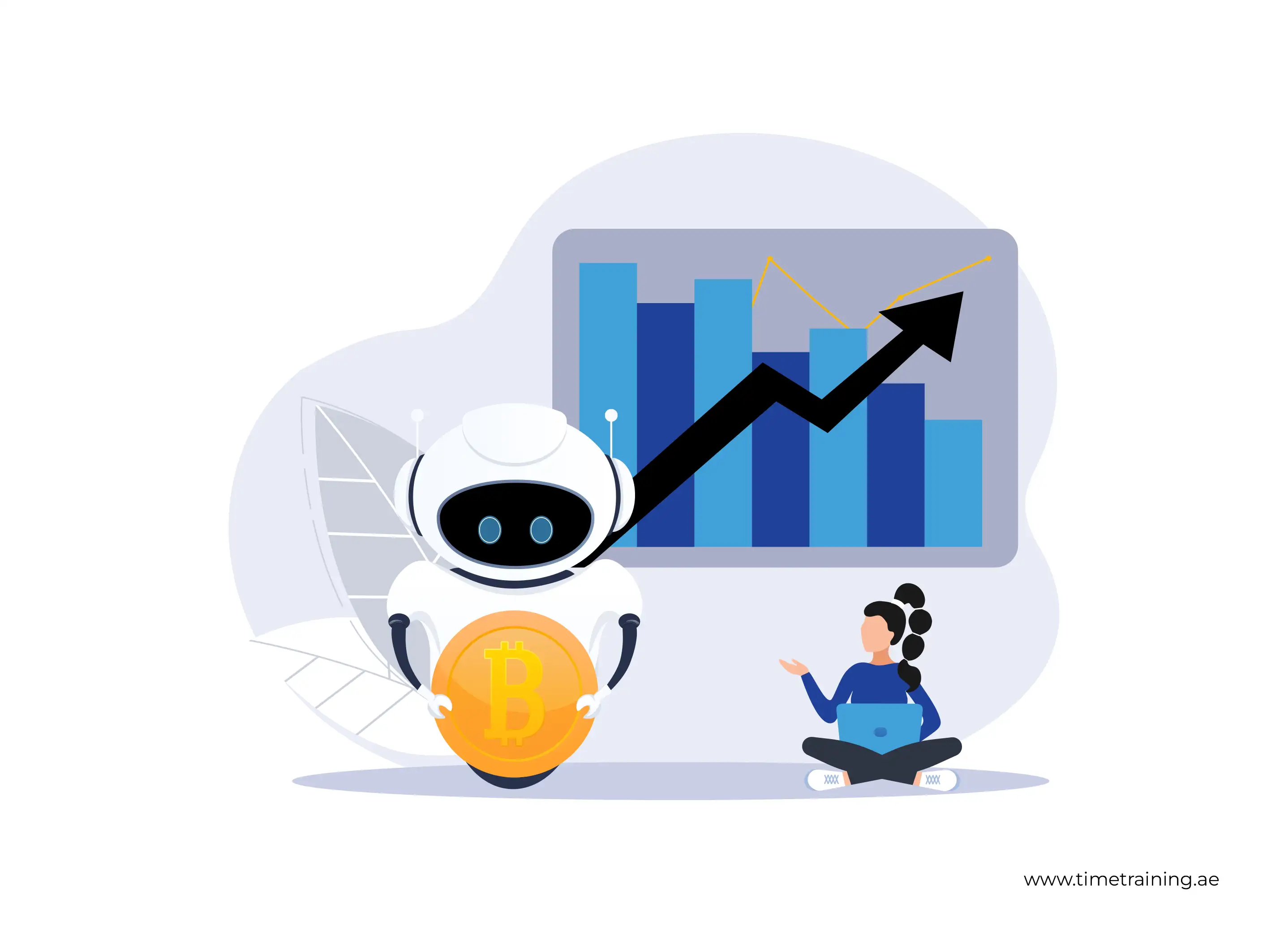Forex trading entails the buying and selling of currencies worldwide, akin to exchanging money during travel but on a grander scale. Understanding the diverse career paths within Forex trading is paramount for those aiming to thrive in this realm. From individuals trading currencies to employment opportunities within prominent financial institutions, a spectrum of options exists.
Understanding Forex trading is vital for anyone interested in the financial markets. In Forex trading, individuals or institutions buy and sell currencies to make a profit. For example, if someone believes the value of the Euro will rise against the US Dollar, they might buy Euros with Dollars.
If their prediction is correct and the Euro increases in value, they can sell the Euros back for a profit. However, if their prediction is wrong and the Euro decreases in value, they may incur a loss. Forex trading involves analyzing economic indicators, geopolitical events, and market trends to make informed decisions.
We will explore the different career paths available in Forex trading, empowering individuals to navigate the dynamic market with confidence and insight.
Read on: What is Forex Trading?
Top 10 Careers in Forex Trading
The field of Forex trading offers a wide array of career opportunities for individuals passionate about finance and trading. From retail traders to technical analysts and software developers, here are the top 10 careers in forex trading;
- Retail Forex Trader
- Forex Analyst
- Forex Broker
- Technical Analyst
- Fundamental Analyst
- Risk Manager
- Compliance Officer
- Algorithmic Trader
- Software Developer for Trading Platforms
- Forex Educator/Trainer
1. Retail Forex Trader
Retail Forex traders trade currencies on their behalf, typically using online trading platforms. They buy and sell currencies with the goal of making a profit from fluctuations in exchange rates.
For example, a retail Forex trader may buy Euros with US Dollars if they believe the Euro will strengthen against the Dollar. If their prediction is correct, they can then sell the Euros back for a profit.
2. Forex Analyst
Forex analysts analyze market data, economic indicators, and geopolitical events to predict currency price movements. They use technical analysis, fundamental analysis, or a combination of both to make informed trading decisions.
For instance, a Forex analyst might use technical indicators like moving averages or candlestick patterns to identify trends in currency prices. They may also consider fundamental factors such as interest rates, inflation rates, and economic growth to forecast currency movements.
3. Forex Broker
Forex brokers facilitate currency trading by providing a platform for traders to execute their trades. They act as intermediaries between buyers and sellers in the Forex market and earn commissions or spreads on each trade.
For example, when a trader wants to buy Euros and sell US Dollars, they order through their Forex broker, who matches the order with a counterparty willing to sell Euros for Dollars.
4. Technical Analyst
Technical analysts study past market data, primarily price, and volume, to forecast future price movements. They use various technical indicators and chart patterns to identify trends and patterns in currency prices.
For instance, a technical analyst might use a moving average crossover strategy to determine buy or sell signals in a currency pair.
5. Fundamental Analyst
Fundamental analysts assess the intrinsic value of currencies based on economic factors, such as interest rates, inflation, and geopolitical events. They analyze economic data releases, central bank policies, and global news to evaluate the strength or weakness of a currency.
For example, a fundamental analyst might monitor a country's unemployment rate and GDP growth to assess its economic health and predict the direction of its currency.
6. Risk Manager
Risk managers are responsible for identifying, evaluating, and mitigating risks associated with Forex trading. They develop risk management strategies to protect traders' capital from potential losses.
For instance, a risk manager might use stop-loss orders to limit the amount of money a trader can lose on a single trade. They may also implement diversification strategies to spread risk across multiple currency pairs or asset classes.
7. Compliance Officer
Compliance officers ensure Forex brokers and traders comply with regulatory requirements and industry standards. They monitor trading activities, review documentation, and execute compliance policies to prevent fraud, money laundering, and other illegal activities.
For example, a compliance officer might conduct audits to ensure that a Forex broker adheres to anti-money laundering regulations and customer protection rules.
8. Algorithmic Trader
Algorithmic traders use computer algorithms to execute trades automatically based on predefined criteria or trading strategies. They develop, test, and optimize trading algorithms to capitalize on market inefficiencies and profit opportunities.
For instance, an algorithmic trader might use a high-frequency trading algorithm to execute trades at lightning-fast speeds and take advantage of small price differences between different currency pairs.
9. Software Developer for Trading Platforms
Software developers design, develop, and maintain trading platforms used by Forex brokers and traders to execute trades and analyze market data. They write code, create user interfaces, and ensure that trading platforms are secure, reliable, and user-friendly.
For example, a software developer might work for a Forex brokerage firm to enhance its trading platform with new features, such as advanced charting tools or mobile trading apps.
10. Forex Educator/Trainer
Forex educators and trainers provide education and training to aspiring traders to help them develop the knowledge and skills needed to succeed in Forex trading. They offer courses, webinars, and coaching programs on technical analysis, risk management, and trading psychology.
For instance, a Forex educator might conduct live trading sessions where students can observe real-time market analysis and decision-making processes.
These listed careers represent only a fraction of the comprehensive array of opportunities within Forex trading. Whether one's interests lie in currency trading, market analysis, or algorithm creation, the Forex sector caters to a wide range of responsibilities, allowing people to participate in its dynamic and attractive environment.
Check out How to Become a Forex Trader?
Conclusion
In conclusion, the diverse careers within Forex trading offer ample opportunities for individuals to pursue their interests and skills in the financial markets. From trading currencies as a retail trader to analyzing market data as a Forex analyst or developing trading algorithms as a software developer, there's a rewarding path for everyone in this dynamic industry. With the right forex trading training, individuals can gain the necessary knowledge and skills to embark on a successful career in this field.
 +971 2 6713828
+971 2 6713828




